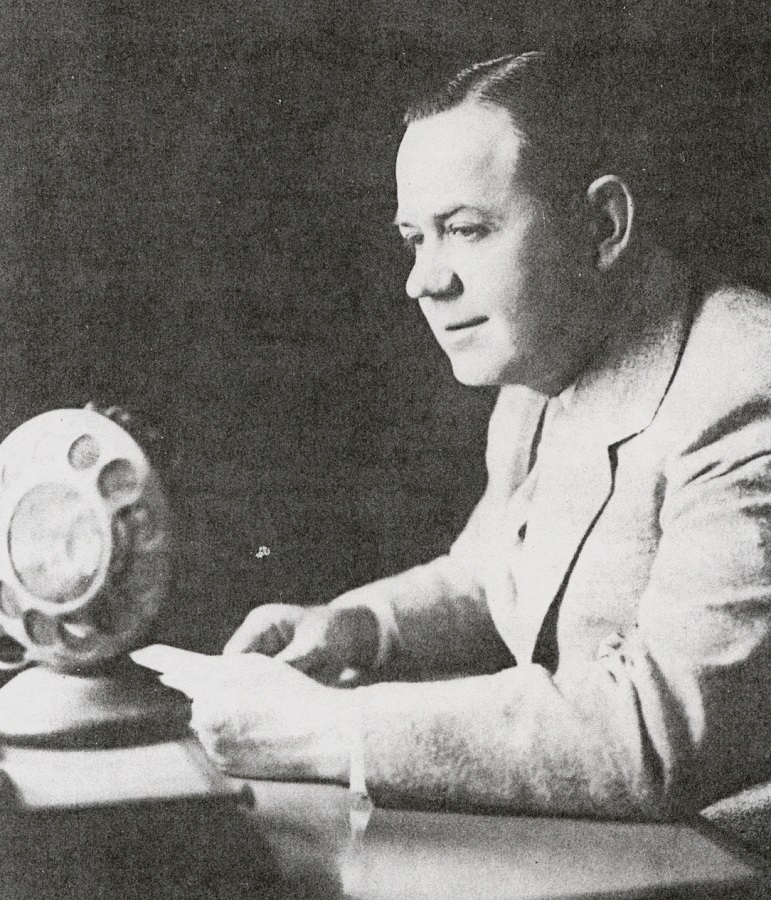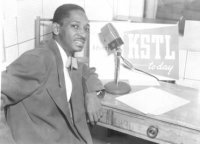Radio HOF
Shea, Bob
Bob Shea – Legacy
Bob Shea (Schoeneberg) became a part of the St. Louis radio scene when he moved to the market in 1948, taking a job at WEW as a newsman. Two years later he moved across town to KXOK, where he stayed until his retirement in 1985.For about a year at KXOK, Shea was called Victor Fontana in an unsuccessful effort to give all on-air staffers memorable multi-syllabic names.
Much of his time at KXOK was as the station’s news director, although he was on the air through his entire career there.
For a couple years in the 1960s, he hosted a Sunday night call-in show called “Hotline,” in which Mr. Shea took the devil’s advocate position and disagreed with callers’ opinions. According to his family, he received several death threats because of the show.
He was active in the St. Louis chapter of AFTRA and served as its president. He was awarded the Lifetime Achievement Award, which is known as the Nellie Booth Award, from the group.


